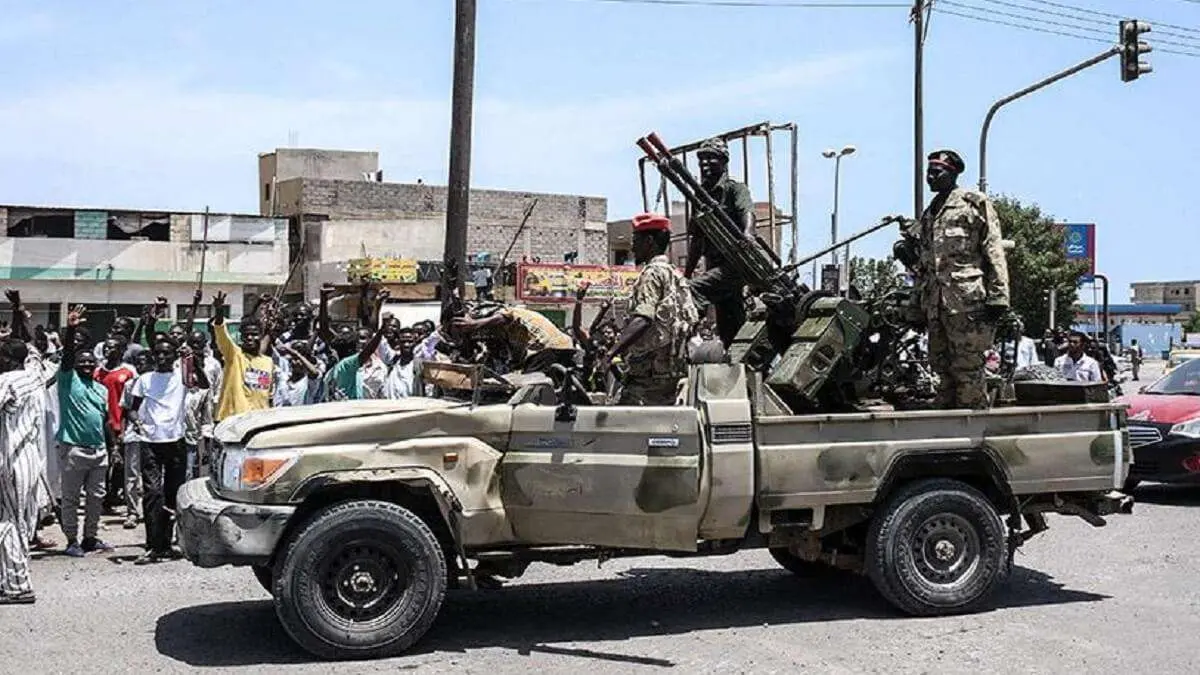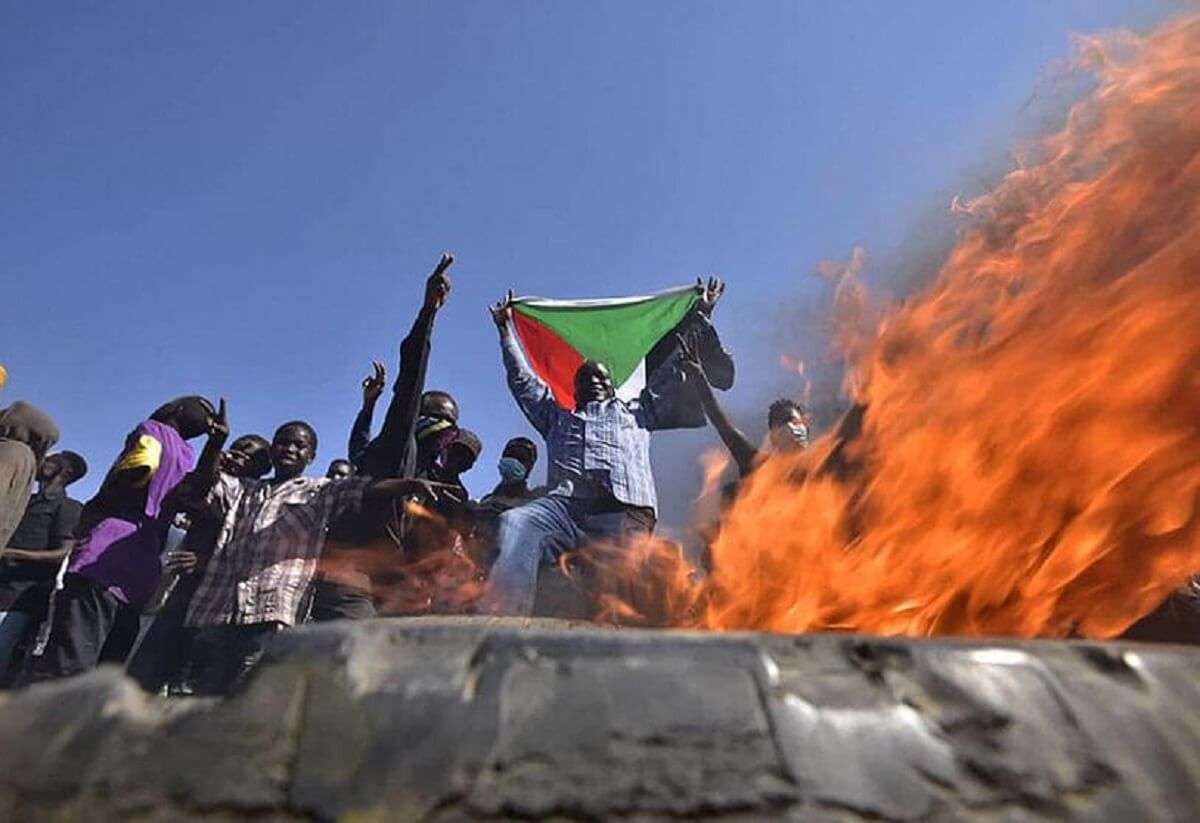Sudan warring sides agree in principle to a seven-day cease-fire

The Sudanese army led by Abdel Fattah al-Burhan and the powerful paramilitary group of the Rapid Support Forces (RSF), commanded by Mohammed Hamdan Dagalo, have reached an agreement in principle for a seven-day ceasefire in Sudanese territory that should take effect from Thursday, according to the South Sudanese Foreign Ministry and South Sudanese President Salva Kiir himself.
This new announcement, made by the South Sudanese Foreign Ministry and also by President Salva Kiir, comes after the latest ceasefire pact that had previously been agreed for a short period of 72 hours, under the mediation of Saudi Arabia and the United States, was breached. The capital Khartoum came under shelling and gunfire from the warring factions despite a truce that had previously been agreed for three days.
The latest move was agreed after a telephone conversation with South Sudanese President Salva Kiir, who stressed the importance of achieving a "lasting ceasefire" in the neighbouring country and underlined the need to appoint representatives and launch a negotiation process to achieve peace. A statement issued by the South Sudanese Foreign Ministry, which had offered to mediate in the conflict, thus indicated that its president, Salva Kiir, emphasised the importance of a longer truce and the appointment of envoys for peace talks, to which both sides reportedly agreed.

The conflict was already taking on Dantesque overtones, with 400,000 people displaced so far, 100,000 of them outside Sudan's borders, most of them migrating mainly to Chad and Egypt. This is leaving a serious humanitarian crisis, as the United Nations (UN) has indicated.
Sudan's warring military factions thus agreed in principle on Tuesday to a seven-day ceasefire from Thursday, as more air strikes and gunfire in the area around the capital Khartoum disrupted the latest truce that had been set for a short period. But the credibility of the supposed ceasefire deal agreed 4-11 May between Sudanese army chief General Abdel Fattah al-Burhan and Rapid Support Forces leader General Mohammed Hamdan Dagalo seems unclear because previous agreements have been reneged on.
The conflict risks becoming a wider disaster as Sudan's neighbours face a refugee crisis, further exacerbating their own problems, and as fighting hampers humanitarian aid deliveries in a nation where two-thirds of the people already rely on some external assistance. "The risk is that this is not just a crisis in Sudan, but a regional crisis," said Michael Dunford, the UN World Food Programme's director for East Africa.

For his part, Egypt's President Abdel-Fattah al-Sisi said his country would provide support for dialogue in Sudan between the rival factions, but was also "being careful not to interfere in their internal affairs", as reported by Arab News. "The whole region could be affected," he said in an interview with a Japanese newspaper on Tuesday as an envoy of Sudan's army chief met Egyptian officials in Cairo.
The current political crisis and clashes between armed groups were caused by rifts between the heads of the two factions, Abdel Fattah al-Burhan, leader of the Sudanese regular army, and Mohamed Hamdan Dagalo, leader of the FAR, who had reached an agreement in the past to cooperate in the exercise of power in Sudan in order to encourage a democratic transition to free elections and the establishment of a subsequent civilian government. Indeed, Al-Burhan has repeatedly sent the message that his intention is to remove the armed forces from power in order to facilitate a democratic process towards free elections and a civilian government in the Sudanese nation. "We want to build an armed forces with standards acceptable to democratic regimes, and we want the armed forces to be completely removed from political action," Al-Burhan explained recently.
Sudan?? is the second largest refugee-hosting country in Africa, with more than 1.14 million #refugees.
— UNHCR Sudan (@UNHCRinSudan) May 2, 2023
Before the onset of the conflict, there were more than 3.7 million #IDPs in the country.
Now there are many more. #Sudan needs PEACE?️ pic.twitter.com/c6XMbTzPhI
All this after a coup d'état led by the Sudanese army itself to overthrow the previous regime of Omar al-Bashir, who had been in power for 30 years and was deposed in 2019 after a popular uprising triggered by social tensions and economic crisis in the country. Then came the subsequent coup d'état led by al-Burhan himself in October 2021, which ended the governmental mandate of Abdallah Hamdok, to subsequently open a stage of negotiation between the military and the civilian power itself to carry out the longed-for democratic transition to a civilian Executive, although with the army mainly exercising power until now, awaiting the expected transition.








